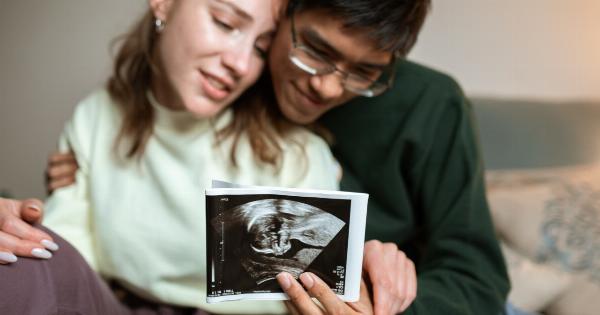IVF or In vitro fertilization is a complex medical procedure in which eggs are combined with sperm in a laboratory to create embryos, which are then transferred into the uterus of a woman.
This medical procedure is often used by couples who are struggling with infertility. The success of this process depends on several factors, including female age, ovarian reserve, the reason for infertility, and the clinic’s expertise.
Understanding IVF Success Rates
The IVF process can be physically and emotionally draining, which is why many patients are curious to know what their chances of success are.
In general, IVF success rates tend to vary depending on the age of the patient and the number of embryos transferred.
According to the American Society of Reproductive Medicine, the success rates for women who undergo IVF generally fall into the following categories:.
- Women under the age of 35 have between a 35-39% chance of success
- Women between the age of 35 and 37 have between a 30-34% chance of success
- Women between the age of 38 and 40 have between a 20-27% chance of success
- Women over the age of 40 have a 5-10% chance of success
Impact of Seasons on IVF Success Rates
Studies in recent times have shown that IVF success rates may vary depending on the time of year the treatment is given. The trend seems to suggest that success rates are higher during summer months than in winter.
One study conducted indicated that women had a 16% higher chance of giving birth to a baby using IVF procedures during the summer months as opposed to the winter months.
Theories on Why IVF Success Rates Increase During Summer Months
Researchers have several theories as to why IVF success rates increase during summer months. Some of these include:.
The Weather
It is widely believed that weather can have an impact on IVF success rates. During the summer months, there is more sunlight exposure, and the temperature is warmer.
Higher exposure to daylight can have a positive impact on the circadian rhythm in the body, which helps in regulating hormones such as melatonin. Melatonin has been linked to ovarian function and can have positive effects on the number and quality of eggs produced.
Vitamin D Production
The body needs Vitamin D to regulate calcium and phosphorus levels, and it is also needed for healthy bone growth. Vitamin D from sunlight has been linked to improved fertility in women.
It has been suggested that the increase in Vitamin D production during summer months can have a positive impact on fertility and lead to higher IVF success rates.
The Holiday Factor
During summer months, people tend to go on vacations, which reduces the stress levels they experience. Studies have shown that a decrease in stress levels can have a positive impact on fertility.
During winter, darker days, holiday pressures, and added stress may contribute to lower IVF success rates.
Conclusion
Several factors can influence IVF success rates, including age, ovarian reserve, and the reason for infertility. However, recent studies have shown that the time of year when the procedure is carried out may also have an impact on success rates.
While the reasons for this trend are not definitive, it is suggested that sunlight exposure, Vitamin D production, and reduced stress levels could be contributing factors. IVF clinics should keep these factors in mind and take measures to make sure patients get the best possible chance of success regardless of the season.





























